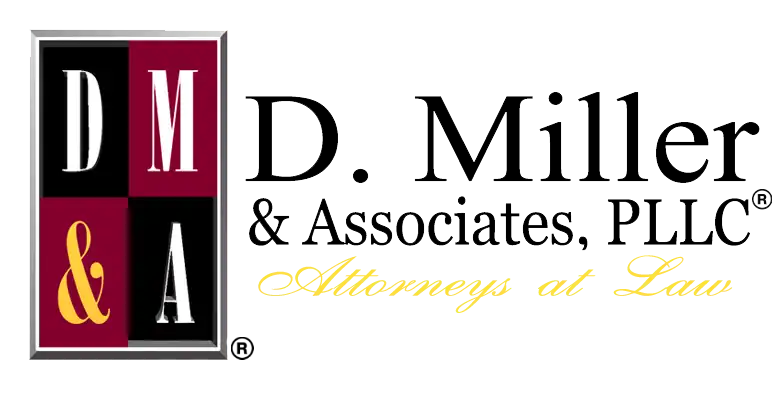You could get workers’ compensation after a car accident if your accident happened while on the job. You must also work for an employer who carries workers’ compensation insurance.
Who does Workers’ Compensation Cover?
Employers provide workers’ compensation insurance to employees injured while acting under the scope of their employment. However, according to the Insurance Information Institute (III), states establish their own rules regarding workers’ compensation, and not all states require that employers carry coverage.
For example, Texas does not mandate workers’ compensation, but most employers choose to have coverage. This is because not doing so leaves employers open to personal injury lawsuits. Additionally, according to the U.S. Department of Labor, federal employees and certain other specific workers receive coverage through the federal Office of Workers’ Compensation Programs. These specific workers include longshore and harbor workers.
Did Your Accident Happen on the Job?
You could qualify for workers’ compensation if your car accident happened while you were participating in a work-related activity, such as:
- Making a work-related delivery
- Running a work errand
- Transporting a client or another employee
- Traveling for work
- Driving for a living (this applies to employees, not independent contractors, and may include delivery drivers, truck drivers, construction workers, etc.)
Workers’ compensation usually does not apply to your everyday commute to and from your workplace. However, under Texas law, you may have a workers’ compensation claim if your employer pays for, furnishes, or controls the vehicle you use.
What Benefits does Workers’ Compensation Provide?
When applicable, workers’ compensation usually includes medical benefits, wage replacement, and death benefits.
Medical Benefits
These benefits cover all of your necessary, accident-related medical care, including:
- Doctor visits
- Surgeries
- Hospitalizations
- Medications
- Medical devices and equipment
- Rehabilitation
Income Benefits
Workers’ compensation provides partial wage replacement based on a percentage of your wages at the time of your accident (usually two-thirds). How much wage replacement you receive depends on:
- Whether you can work part-time or perform a different job during your recovery
- Whether your injuries are temporary or permanent
Workers’ compensation may also provide benefits to pay for vocational training if your injuries prevent you from ever returning to your previous line of employment.
Death Benefits
If your loved one suffered a fatal work-related car accident, you could receive benefits to pay for:
- Their funeral and burial expenses
- Continuing death benefits based on the deceased’s wages at their time of death
You May Also Qualify for a Personal Injury Claim
In general, you cannot sue your employer under the workers’ compensation system. However, you could have the right to sue another driver or at-fault third party.
You do not have to prove fault to receive benefits with a workers’ compensation claim; you only need to show that your injuries are from a work-related accident. With a personal injury claim or lawsuit, you must prove the at-fault party caused your accident with their negligent or reckless actions. Negligent driving behaviors include:
- Driving under the influence
- Speeding
- Making an improper turn
- Failing to stop
- Failing to yield
- Driving distracted
- Driving in the wrong lane or crossing over the centerline
- Tailgating
A Personal Injury Claim Allows You to Recover Additional Awards
A liability insurance claim or personal injury lawsuit allows you to seek awards for pain and suffering unavailable through workers’ compensation. Pain and suffering damages offer accident victims financial awards for the ways their injuries negatively impact their physical, mental, and emotional health.
You can seek pain and suffering for:
- Physical pain
- Scarring and disfigurement
- Loss of limb, body part, or bodily function
- Depression, anxiety, stress, and loss of sleep
- Loss of the ability to participate in activities you once enjoyed
A personal injury claim allows you to pursue miscellaneous expenses not covered by workers’ compensation. This may include the cost of paying for help with household services and transportation, personal property damages, and medically-necessary home modifications.
How Can Our Attorneys Help With Your Claim?
Dealing with insurance agents, claims, and paperwork can seem overwhelming. A lawyer with D. Miller & Associates, PLLC™ can help you navigate the workers’ compensation process. This way, you can focus on healing from your car accident injuries. We will:
- Collect your medical records and bills
- Prove your accident happened on the job
- File your claim
- Communicate with insurance agents and other involved parties on your behalf
- Help you appeal denied claims if needed
Our attorneys can also help you determine if you have a personal injury claim. If so, we can help you seek a fair settlement or represent you in a lawsuit if necessary.
Call D. Miller & Associates, PLLC™ for a Free Case Evaluation
Starting on your workers’ compensation or personal injury claim as soon as possible following your car accident could be beneficial. Contact your lawyer’s team with D. Miller & Associates, PLLC™ at 1 (855) PRO-LAWYERS today to speak with a member of our team about your case.
We can answer your questions and discuss your best course of action. You might want to know if workers’ compensation benefits are taxable, for instance.

